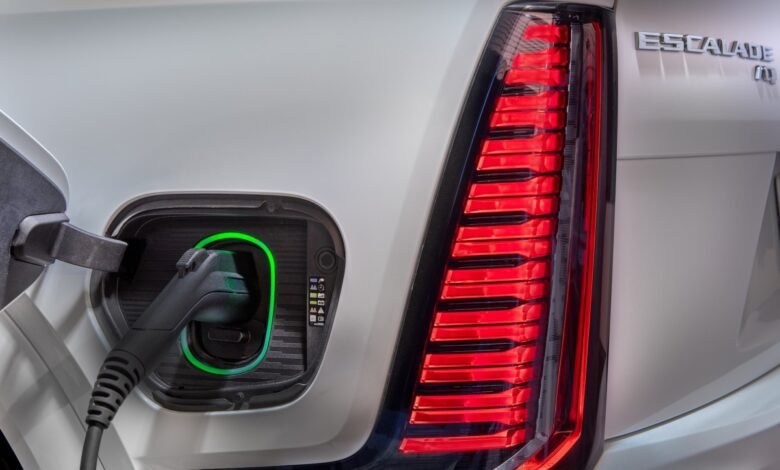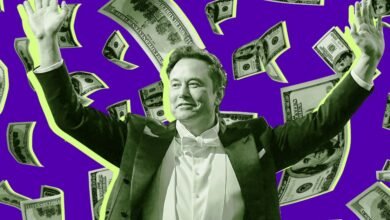EV Owners Face New Hurdle as Waymo’s Robotaxi Fleet Tops 2,000

▼ Summary
– A TechCrunch poll found that 60% of respondents predict a steep decline in U.S. EV sales after the federal tax credit expires, though some automakers may offer price reductions.
– Automakers transitioning to Tesla’s North American Charging Standard are creating complexity, with GM now offering multiple adapters that could lead to households owning several.
– Lucid Motors is conducting a wide search for a permanent CEO after Peter Rawlinson’s departure, with interim CEO Marc Winterhoff reportedly interested in the role.
– Tesla remains committed to spending $500 million on a supercomputer in Buffalo, New York, despite disbanding its Dojo team, having already invested $314 million last year.
– Several mobility-related deals and developments occurred, including Blue Water Autonomy raising $50 million and Aurora integrating its self-driving truck platform with McLeod Software.
The electric vehicle market faces fresh challenges as automakers transition to Tesla’s North American Charging Standard, creating a new layer of complexity for owners who now need multiple adapters to access different charging networks. This shift comes at a time when consumer confidence in EV adoption may waver following the expiration of federal tax incentives, adding another consideration for prospective buyers.
Recent polling indicates that a majority of industry observers expect a notable drop in electric vehicle sales once the $7,500 federal tax credit concludes. While some manufacturers might temporarily absorb this cost to maintain momentum, broader economic pressures, including rising tariffs, could further squeeze profit margins and influence pricing strategies.
A less discussed but growing issue involves the proliferation of charging adapters. As companies like General Motors roll out additional hardware to accommodate various charging standards, EV owners find themselves managing an expanding collection of connectors. What began as a single adapter has multiplied, with some households potentially needing four or more different types just to keep their vehicles powered. This trade-off between flexibility and simplicity introduces practical hurdles for daily EV use.
In corporate developments, Lucid Motors continues its search for a permanent CEO six months after Peter Rawlinson’s unexpected departure. Interim leader Marc Winterhoff, who joined as CFO in 2023, is reportedly interested in assuming the role permanently as the company prepares to launch its Gravity SUV.
Meanwhile, Tesla remains in the spotlight. Despite disbanding its Dojo supercomputing team, the company is committed to investing $500 million in a Buffalo-based AI training facility. To date, $314 million has already been allocated, reinforcing Tesla’s significant presence in the region.
On the funding front, activity has been relatively quiet, though a few deals stood out. Blue Water Autonomy secured $50 million for its unmanned naval vessel technology, while Vox AI raised €7.5 million to advance voice AI systems for drive-through services. Joby Aviation also finalized its acquisition of Blade, marking another step in aerial mobility consolidation.
In regulatory and safety news, California lawmakers recently brokered a deal with Lyft and Uber that grants drivers a pathway toward unionization. Elsewhere, security researchers flagged exposed Tesla servers that were leaking sensitive vehicle data, a reminder of the privacy risks accompanying connected car technology.
Aurora Innovation is integrating its self-driving truck software with McLeod’s transportation management systems, a move that could accelerate the adoption of autonomous freight solutions. In a lighter vein, Waymo’s co-CEO shared footage of a robotaxi navigating a Phoenix dust storm, underscoring the resilience of its autonomous systems. The company also revealed it now operates over 2,000 robotaxis across several U.S. cities.
Finally, for those interested in the broader future of transport, a recent podcast episode explored the convergence of maritime, aerial, and automotive autonomy, offering a glimpse into how these technologies may continue to evolve and intersect.
(Source: TechCrunch)


